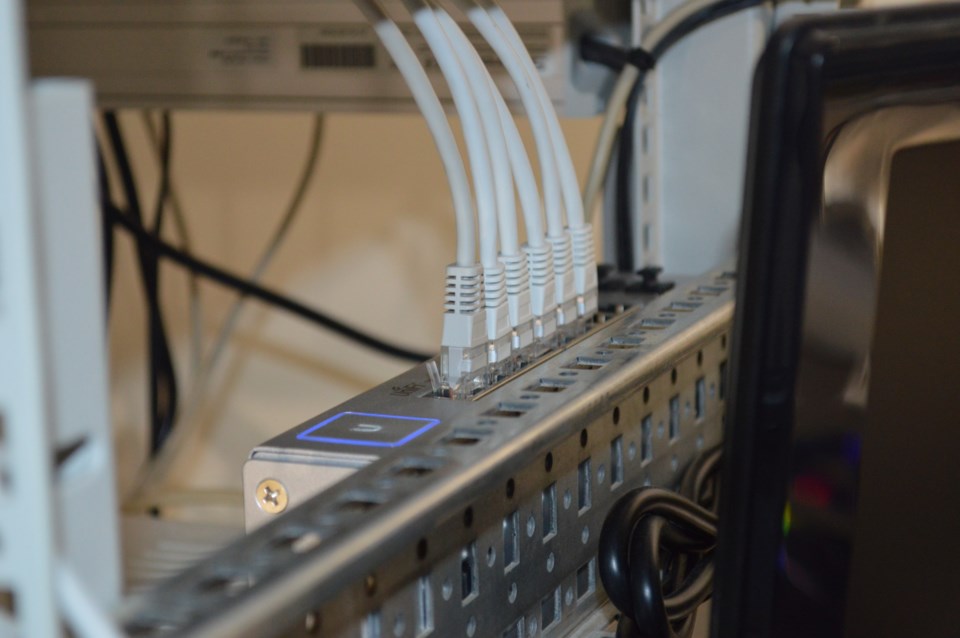The Federal Communications Commission announced a change in the definition of broadband. Previous the definition allowed internet providers that provided a minimum speed of 25 megabits to use the term broadband. As speeds across the nation increase, the FCC ruled speeds need to reach a minimum of 100 megabits to use the term, which NextLight still exceeds.
The new definition also requires an increase of upload speeds. The former minimum requirement was 3 megabits. Upload speeds must now come in at 20 megabits, according to the FCC.
When NextLight was launched in 2014, customers saw rates at 10 times faster than the minimum requirements. Ten years later, 85% of its customers have a gigabit, or 1,000 megabit, connection.
“Longmont realized long ago that faster connections matter, and we’re glad to see the FCC get up to speed,” said Valerie Dodd, NextLight’s executive director. “In a world where so much happens online, homes and businesses need a fast, reliable connection that meets all their needs now and into the future.”
Broadband speed requirements were increased in 2015 as a response to politicians who wanted to understand how well people across the country were connected. The COVID-19 pandemic further displayed the extent of the digital divide, especially in rural and underserved communities. Currently, 28% of Americans still do not have access to high-speed internet, according to the FCC.
FCC chairwoman Jessica Rosenworcel said the “fix is overdue” and is hopeful that the change will show the “extent to which low-income neighborhoods and rural communities are underserved.”



